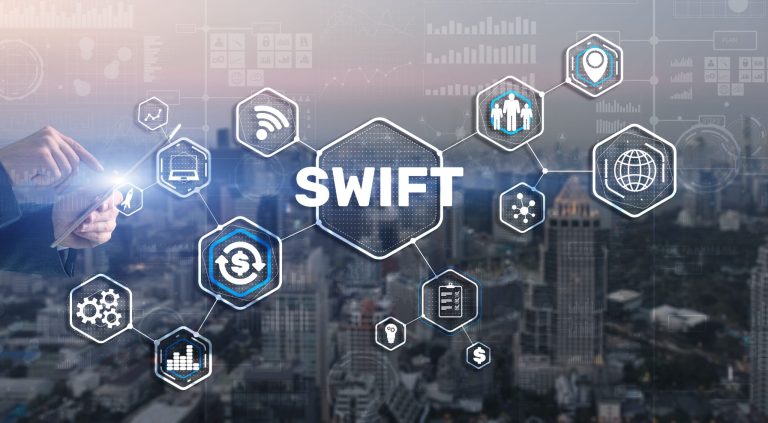
Shadow AI: The Untracked Risk in Your Digital Ecosystem

Changes in the SWIFT CSCF 2025: What You Need to Know

Card payments, physical stores, big data, and e-commerce all have a role to play in retailing today – it also brings risks around data security. These make the retail industry an almost irresistible target for cyber-attacks. Working with key players in the retail sector to ensure they have the right IT security controls and help them identify potential weaknesses.
Contact our Retail Cybersecurity Experts
Retailers collect, process and store increasingly large amounts of customer data, including PII and card holder details. This is a goldmine which bad actors are looking to profit and sell it on the dark web. Furthermore, cloud-based storage and mobile apps are leaving a larger data presence on the web, leading to new threat vectors. Many retail businesses are a hybrid of brick-and-mortar and e-commerce. To manage this ecosystem, they use a mix of technologies (e.g., PoS in stores and cloud-based systems for e-commerce). However, this hybridization also creates numerous e-commerce cybersecurity risks.
24%
Cyber-attacks targeted retailers, more than any other industry in 2020.
77%
The retail industry experienced its highest rate of ransomware attacks in 2021.
98%
The retail industry experienced 629 confirmed incidents and 241 breaches with confirmed data disclosures in 2021. Of these attacks, 98% were financially motivated.
Confidence breeds trust, and due to a lack of adequate cybersecurity, 62% of consumers say they are not confident regarding the security of their data. One of the best ways retailers can ensure the safety of payment data is to be in compliance with the Payment Card Industry Data Security Standard (PCI DSS) standards. PCI DSS standards help ensure that retailers and others keep customer payment information out of the hands of attackers.
Over 84% of businesses use Internet of Things (IoT) devices, but less than 50% of them have taken the necessary steps to secure these devices. While these devices bring many benefits to the retail industry, they also pose serious threats that businesses must work to minimize. Learn how to evaluate IoT devices and discover the best practices for integrating them into your business.
Over 90% of retail businesses hit by ransomware reported that the attack impacted their ability to operate, while 89% reported that the attack caused them to lose business or revenue.
The greatest threat to retail organizations is operation shutdown and loss of revenue. As ransomware attacks on retailers continue to rise, so does the average ransomware payout. Opportunistic attackers are capitalizing on this fact and targeting the retail sector.
Social engineering attacks such as phishing, have been on the rise over the last few years in the retail sector, up 29% this year. The retail sector is vulnerable to hackers that want to use its employees and others with sensitive access credentials against them. One of the best ways to prevent phishing is to train your employees on how to recognize a phishing email.
Dionach has assisted business to build strong foundations for security, compliance, and operational excellence for 24 years.
Services include:
Retailers face greater-than-average risk in this new cybersecurity environment, thanks to the amount of consumer data handled and stored by their networks. Increasing cybercrime requires that a cybersecurity strategy that addresses specific cyberthreats in the retail sector which evolves around the following components-


Dionach’s cybersecurity experts have a solid history of working with retail and e-commerce sectors from national chains to global conglomerates within the retail space. As a trusted cybersecurity partner for retail organizations, our long standing 25-year background, combined with our in-house innovation and research team enable us to stay on top of the latest cybersecurity threats to retail and empower organizations to meet the challenges faced in today’s complex cybersecurity landscape.
Get a Quote our Retail Cybersecurity Experts




